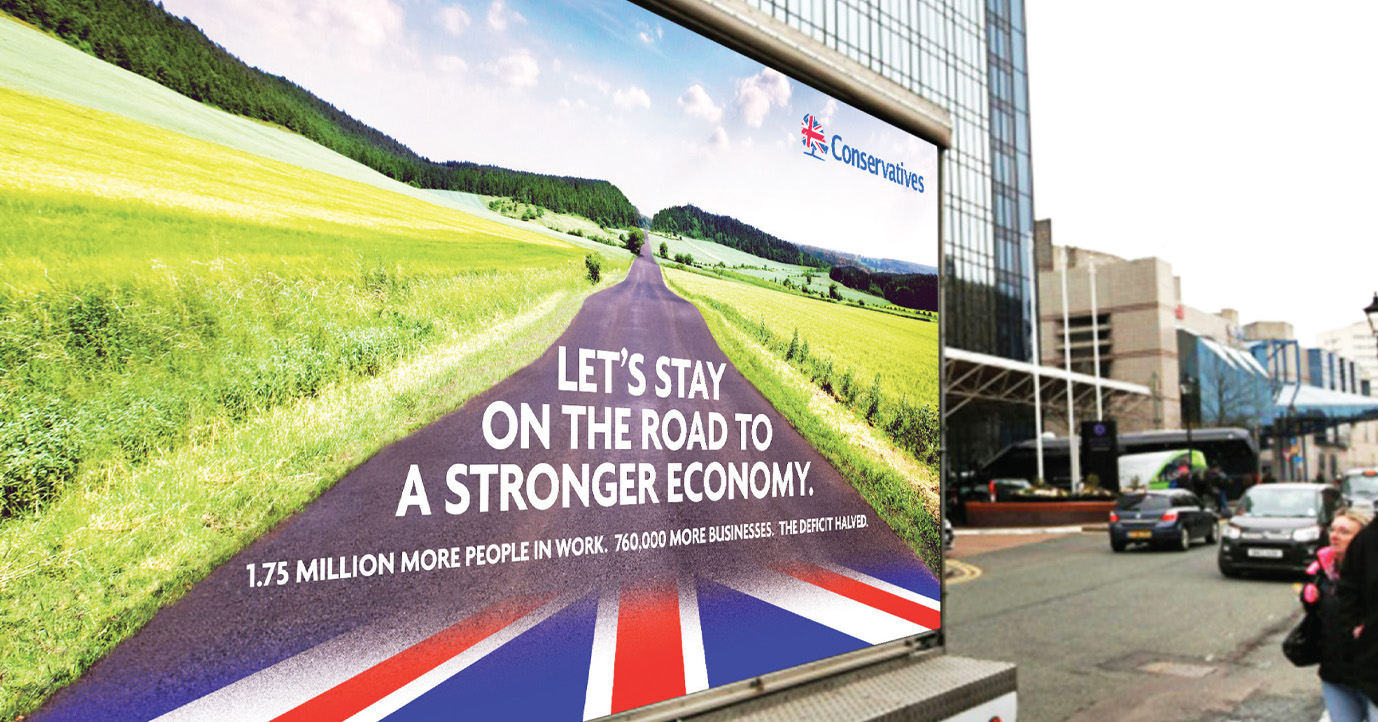
The Liberal Democrats’ vote has fallen by half in constituencies where Labour are their main challengers, according to my latest round of polling in marginal seats.
My research in Bradford East, Brent Central, Manchester Withington and Norwich South found the Lib Dem share down from 38% to 19%, with Labour up 11 points to 47%. This amounts to a swing of 15%, enough in theory for Labour to gain 17 current Lib Dem seats if repeated across the board at an election – though as we saw in my polling of Conservative-Lib Dem marginals, swings are very far from uniform where the Lib Dems are concerned.
It is also important to emphasise again that like all polls, this is a snapshot not a forecast. Taken together, though, my two latest battleground surveys suggest up to half of all Lib Dem MPs could be at risk next May.
The swing to Labour would have been even greater had it not been for the Green Party, which has attracted around one in seven Lib Dem defectors in these seats since 2010. I found the Greens in second place on 20% in Norwich South, and third on 10% in Manchester Withington. Indeed for every two Lib Dem defectors switching to Labour, one has gone to the Greens.
The Greens’ performance suggests they may have been identified as the new non-of-the-above vote for former Lib Dems who dislike the coalition and do not want to back any of the established parties. In other words, they could perform the same function for younger urban voters that UKIP currently does among older voters in other parts of the country.
In Brighton Pavilion (whose figures are not included in the overall calculations for the Lib Dem-Lab marginals), I found Labour on 33%, just one point ahead of the Greens, who were up a point on the last election. The seat will evidently be closely contested but on this basis I would not be surprised to see Caroline Lucas holding on next year.
On the Lib Dem-Labour battleground, just over a third of voters (35%) would rather see Ed Miliband as Prime Minister than David Cameron. Not surprisingly this is more than the 29% who say the same on the Conservative-Labour battleground, including Labour-held marginals, but is still outweighed by the proportion who say either that they are satisfied with Cameron (26%) or that they are dissatisfied but prefer him to Miliband (25%).
However, six in ten voters in these seats said they wanted to see Labour in office after the next election, either governing alone (45%) or in coalition with the Lib Dems (15%). Fewer than a quarter wanted the Tories back in government, either with a majority (14%) or in a repeat of the current coalition (10%).
As in the other battlegrounds I have surveyed, there is little to choose between the main contenders in the ground war. Just under half (46%) of voters said they had had literature, direct mail, visits or phone calls from Labour in the last few weeks, compared to 43% from the Lib Dems. A quarter had heard from the Tories and 24% from UKIP.
When I published my poll of the Conservative-Lib Dem marginals, some observers (mostly of the Lib Dem persuasion) noted that since these surveys do not prompt participants with the names of individual MPs and candidates, their party’s vote share would have been depressed. I am not so sure. In the marginals research I ask the standard voting intention question – if there were a general election tomorrow, which party would you vote for? – followed up with a second question asking them to think about how they will vote in their own constituency, considering the candidates likely to stand there. This generally produces a higher vote share for the Lib Dems, and in some cases a dramatic difference from the initial question.
This suggests that if a particular MP or party is especially popular in a constituency for local reasons, this is already reflected in people’s voting intentions, at least when reminded to think about their own area. They will be known by their works. As I found earlier this month in Sutton & Cheam, Eastleigh and Cheadle, voters did not have to be told who their candidates were in order to decide that they intended to vote for their Lib Dem incumbents in defiance of the national trend. To put it another way – having a good local reputation means not having to remind people of your name.
A final reminder, as ever, that like all polls these are snapshots, not forecasts. There is still time for a reversal, but where the Lib Dems are up against Labour, things look very difficult for them indeed. I will return to this battleground later in the year to see what, if anything has changed – as I will to the Conservative-Labour marginals, later this month.


